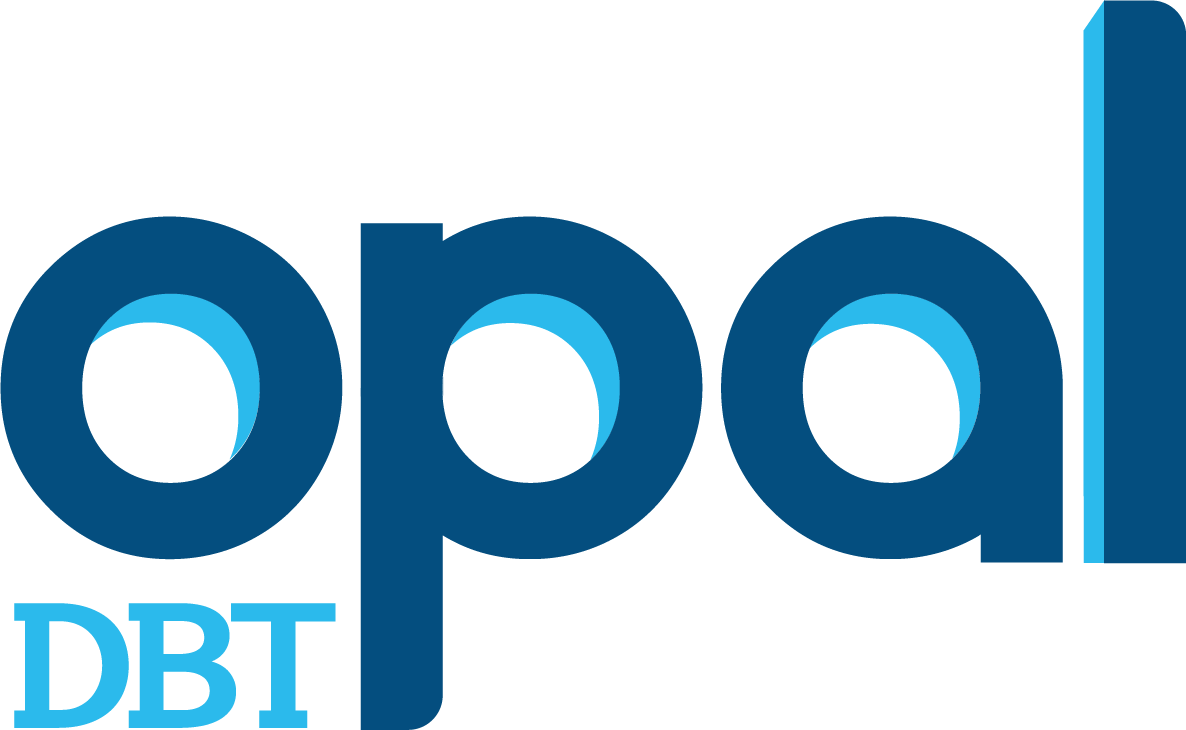Adolescents
GRADES 9-12
Comprehensive DBT
Work with a DBT therapist and learn new coping strategies through DBT Skills Training
Individual DBT therapy with an OPAL therapist intensively trained in DBT.
Weekly DBT Skills Training to learn strategies for managing intense emotions and problem behaviors. Typically conducted in group format; the full course of skills is 24 weeks. For adolescents, one guardian also attends skills training sessions.
DBT skills phone coaching to encourage effective skill use between therapy sessions. Adolescents receive coaching from their individual therapist; one guardian is assigned a DBT parent consultant and coach.
DBT Skills Training Only
Learn coping skills to manage intense emotions and problem behaviors while staying with my therapist
Weekly DBT Skills Training to learn strategies for managing intense emotions and problem behaviors. Typically conducted in group format; the full course of skills is 24 weeks. For adolescents, one guardian also attends skills training sessions.
Adolescents are required to have a current individual therapist to participate in DBT Skills Training program. They remain in treatment with their individual therapist for the entire skills training course.
Individual Psychotherapy
Receive support navigating difficulties in life
OPAL clinicians offer individual therapy for teens with conditions including but not limited to depressive disorders, anxiety disorders, bipolar disorders, and adjustment disorders. We are also able to support those currently managing grief and loss or relationship issues. Clinicians also provide consultation to parents on a variety of issues.
OPAL clinicians have advanced training and experience in specialties of:
Post-Traumatic Stress Disorder - Dr. Emily Paull
Obsessive-Compulsive Disorder - Dr. Elizabeth Schol
LGBTQIA+ Services - Dr. Austin Angiollilo

